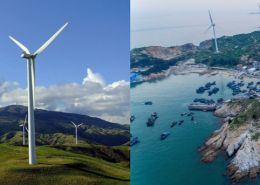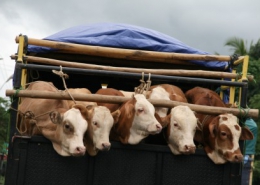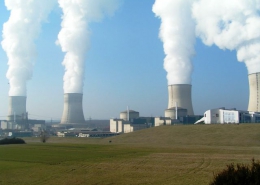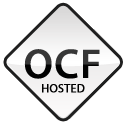PPLPI’s Livestock Development Goals: Application to Peru, Senegal and Viet Nam
Place: Peru, Senegal, Vietnam • Dates: 2007 • Partner: FAO
Although the poor constitute a majority in developing countries, their circumstances vary in significant ways between and within their economies. To improve their livelihoods, a better understanding of this heterogeneity is essential. This report examines poverty from the perspective of livestock dependence, an essential characteristic of rural and peri-urban households in developing countries.
We find that livestock dependent populations are more likely to be poor, but the degree of their poverty depends on complex local circumstances, including the extent of formal sector participation, property rights, and access to capital. Our insights suggest that more determined efforts to promote smallholder livestock production can be a potent catalyst for poverty alleviation, but that policies aimed at promotion of smallholder livestock keepers need to be carefully targeted and that although they can bring a large proportion of the poor over the poverty threshold, there are circumstances in which they will not reach the poorest population.
Both poverty and livestock dependence are complex economic conditions, and policies must address this to be effective. More detailed insight into the economics of livestock can, however, make important contributions to poverty reduction.
Most Recent Entries

California and China: Leadership for a Low Carbon Future

Roadmap on the Prospects for GMS National Scaling and GMS Regional Coordination of Agrifood Traceability Schemes





